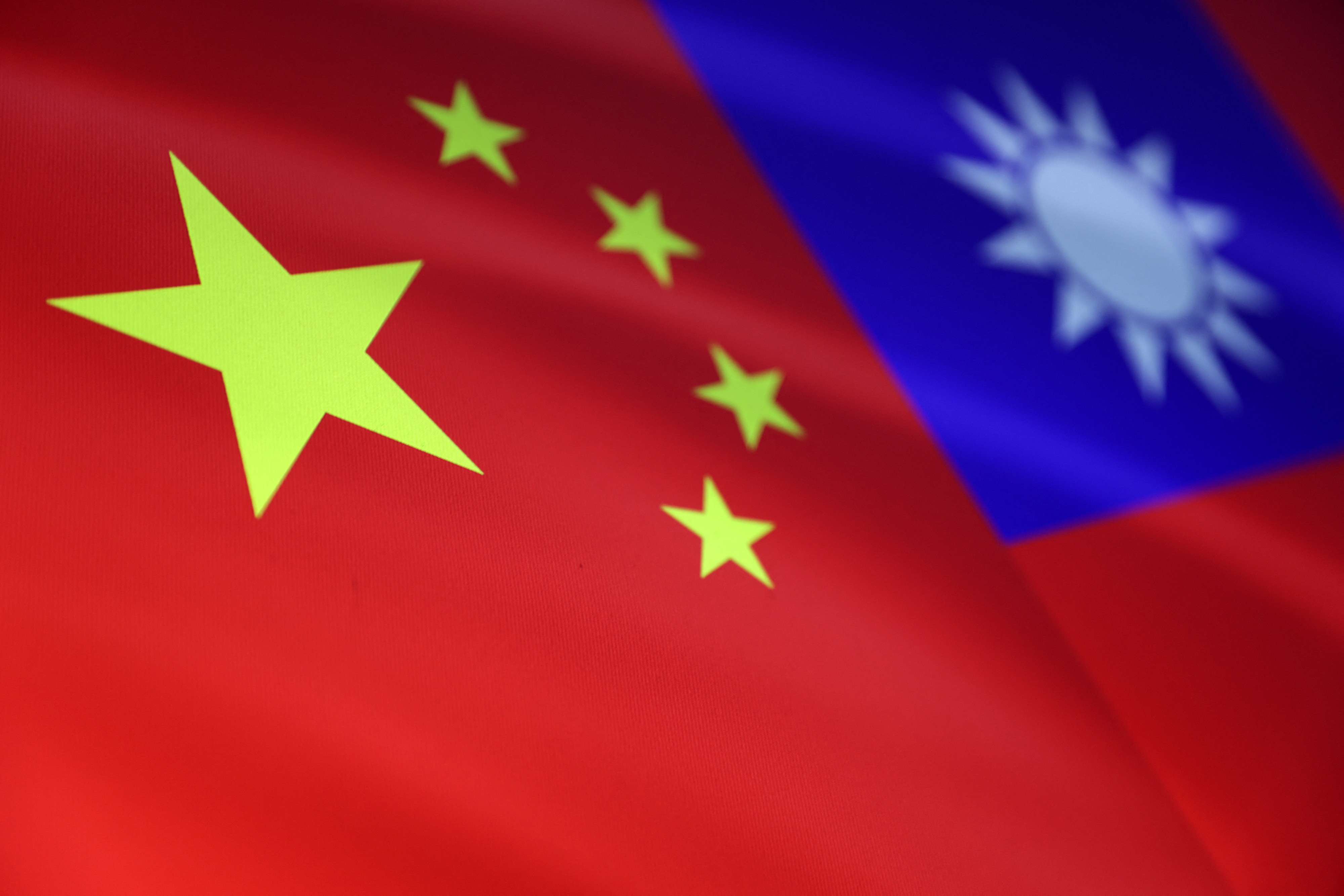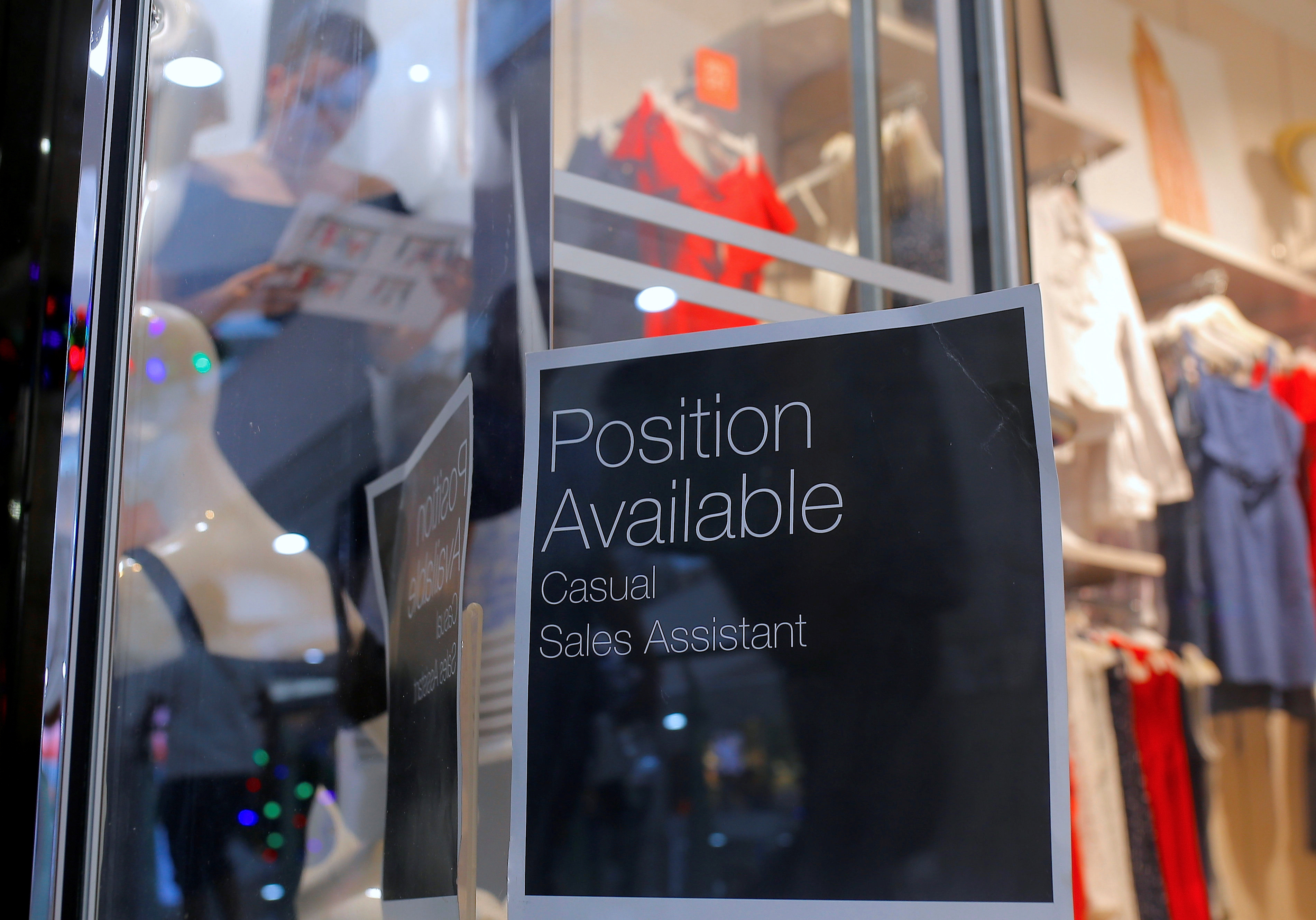From new clashes between Armenia and Azerbaijan to making connections on “whisper networks" – Here’s your September 15 news briefing

A few minutes every morning is all you need.
Stay up to date on the world's Headlines and Human Stories. It's fun, it's factual, it's fluff-free.
To start off, we’re looking into:
Armenia and Azerbaijan clash again
As longtime adversaries, Armenia and Azerbaijan have been involved in a conflict that’s lasted more than 30 years. The clash is over both countries claiming a region called Nagorno-Karabakh. This area is part of Azerbaijan but is mostly populated by ethnic Armenians and under the control of ethnic Armenian forces. In 2020, Azerbaijan reclaimed control over parts of Nagorno-Karabakh through an operation called “Iron Fist." Then, Russian peacekeepers worked out a peace deal for the most part, which kept the conflict from escalating.
That is, until Tuesday. Despite this peace deal, fighting again broke out between the two, with 155 casualties reported. Russia has tried to install a new cease-fire, but it hasn’t held. Both sides blame each other for instigating violence. The conflict could exacerbate the ongoing energy crisis across Europe, and the EU’s recent deal with oil and gas-rich Azerbaijan may make it difficult to mediate.
The US considers China sanctions

Despite Taiwan’s resistance, China still wants to reunite with the breakaway region. Over the last few months, high-profile American officials, like House Speaker Nancy Pelosi, made trips to Taiwan despite China’s disapproval and warnings against the visits. In response, China began performing military exercises near the Taiwan Strait. Although the US recognizes China’s position that Taiwan is part of China, it also supports Taiwan’s right to protect itself and provides arms to the island. Still, the US must tread carefully because of how entangled the Chinese and American economies are.
Now, the US is considering possible sanctions against China to deter any military action against Taiwan. Actually, talks of Chinese sanctions began after Russia invaded Ukraine, but they’ve become more urgent now with raised tensions in the Taiwan Strait. The sanctions package would only go into effect if China tried to invade Taiwan.
What’s Australia doing right?

Experts have been saying for a while now that a recession is likely in several major countries. Bloomberg’s poll of economists says the chance of recession is 50% in the US and 60% in the UK.
But, Australia has a bit of a special sauce; economists say there’s only a 25% chance that a recession will occur in the country, with experts expecting a “soft landing" rather than a recession.
See, Australia has a relatively weak currency at the moment. Of course, there are cons to having a weak currency, but one of the big pros is that you can sell your stuff on the global market cheaper and attract more buyers. But Australia also has pretty strict export laws, meaning it’s not that easy to sell things outside the country.
The result is that Oz is producing lots of things that get sold domestically, and the things it does sell abroad (like coal) can be sold at a pretty high margin. On top of that, it’s done a great job keeping people employed throughout the pandemic, so it isn’t dealing with a huge employment gap like other countries.
To end, we’ll look into:
Whisper networks – the new “who you know” of hiring
If you’ve heard it once, you’ve probably heard it a thousand times – when it comes to job hunting, it’s not about what you know, it’s about who you know. The idea of networking for the sake of job opportunities is as old as jobs themselves, and even if it’s just meant going out for a pint with people in your industry, it’s always been good practice to make connections so that, if and when opportunities arise, you can take advantage of them.
But, in a world where Zoom cocktail hour is at best a waste of time and at worst leaves you feeling worse than you did going into it, people are figuring out new ways to make those connections digitally.
Enter whisper networks. Think of whisper networks as sort of like chat rooms or subreddits. They’re online forums run through any number of platforms with really any number of community members. But those community members share an industry (or, more likely, a subset of a particular field within a particular industry). So, members in these whisper networks can help each other solve problems, cut through red tape or even find a new jobs.
Generally, whisper networks have a lot of benefits. For workers, they get a fast-tracked way of applying to a job in a more noticeable way than, say, a LinkedIn application, which rarely stands out. For employers, they can target a specific set of people with a subset of knowledge, and the odds of finding the right person are higher.
There is a problem, though, and it’s that these networks tend to be invite-only, meaning that moderators get the final say on who stays and who goes. And recruiting experts say this can mean diversity in these groups is lower than in the general population of qualified people, meaning you get a less diverse set of applicants.
For better or worse, though, the job hunt is changing. And with the internet by our side, networking is entering a new era.
In other news …
📉Stocks: MSCI’s global gauge of stocks dropped 0.06% to 2,617.84.
📰Some specifics:
- S&P 500 is at 3,946.01, up 0.34%.
- Nasdaq Composite rose 0.74% to 11,719.68.
- Dow Jones is up 0.10% to 31,135.09.
- Hang Seng Index slipped 2.48%, hitting 18,847.10.
🧠Some quick factors to bear in mind:
- Investors are trying to get their bearings after this week’s huge market drops (the biggest one-day drop in two years) following the release of August’s consumer price index report, which showed inflation rising despite falling gas prices.
- Yesterday, more inflation data was released, showing producer prices (PPI) declined as gasoline prices fell, but this isn’t changing investors’ expectations of the Fed’s aggressive rate-hike stance to address inflation. But, it did help to prevent further sell-offs as it convinced investors that inflation isn’t intensifying on all levels.
- With a possible rail strike in the US at the end of the week looming, people are bracing for potentially worsening supply chain issues and higher inflation.
- Meanwhile, in the East, Asian stocks are following the US plunge, with the Hang Seng Index seeing its biggest decline since July.
- China’s central bank will probably pause its stimulus efforts and keep the interest rate on one-year medium-term lending facility (MLF) the same, according to analysts, because of the pressure on the yuan after the bank’s surprise move of lowering interest rates in August.
👄Some comments and chatter:
- “Tuesday’s selloff is a reminder that a sustained rally is likely to require clear evidence that inflation is on a downward trend. With macroeconomic and policy uncertainty elevated, we expect markets to remain volatile in the months ahead,” Mark Haefele, CIO of UBS Global Wealth Management, said in a note to clients.
- “We continue to see downside risks to the economic outlook as policymakers are only adding modest stimulus,” said Win Thin, the global head of currency strategy at Brown Brothers Harriman.
🛢Oil: Oil prices upped with expectations of an increase in gas-to-oil switching, even though it looks like demand is staying down. US crude went up by 1.34% to US$88.48 per barrel, and Brent rose to US$94.10, up 1%.
👛Bitcoin: Bitcoin is up 0.30% now to US$20,202.80 at the time of writing.
💣Ten killed in Tigray air strikes: Yesterday, air strikes against the capital of Ethiopia’s Tigray region killed 10 people. This was the second day of strikes, with local forces accusing troops from Eritrea of joining the fight against them.
🌀China braces for Typhoon Muifa: In eastern China, millions are bracing for major flooding from torrential rain as Typhoon Muifa makes landfall. It’s the most powerful typhoon of the season and is headed toward Shanghai.
🙇♂️Swedish PM concedes election defeat: Yesterday, the leader of Sweden’s incumbent Social Democrats, Magdalena Andersson, conceded defeat in the country’s parliamentary election. A bloc of rightwing parties have been handed victory, but they’ve only won by a slim majority.
🏦Depositors hold up banks for their own money: Two depositors held up banks to access their own money in Lebanon yesterday amid a national economic meltdown. One of them held hostages in a Beirut bank before leaving with US$13,000 in cash from her own account. Another, in the city of Aley, got some of his savings but turned himself in to authorities.
👀Chinese companies avoid US tariffs through Mexico: Some Chinese manufacturers are looking to bypass US tariffs and shorten supply chains. Their solution: set up operations in Mexico, which has a free trade pact with the US and Canada.
🏩Hong Kong eases quarantine again: Starting November 1, Hong Kong will allow travelers that test positive for COVID to quarantine in their original hotels rather than being transferred to an isolation facility.
🚫EU makes proposal against forced labor: The European Commission has proposed the EU ban products made using forced labor. The proposal doesn’t name any specific country in the ban but highlights the 27.6 million people that the International Labor Organization says were in forced labor in 2021. Just over half of these were in the APAC region.
🎉Ukrainian village liberated: A village in ruins, Hrakove, has been abandoned by Russian forces for the first time since February as they retreat from Kharkiv. Retaking Hrakove, Ukrainian authorities have removed abandoned Russian military vehicles.
😷End of the pandemic in sight? WHO Director-General Tedros Adhanom Ghebreyesus announced his optimistic outlook on the end of the COVID pandemic yesterday. He says that the end is “in sight," but we aren’t there quite yet.
💀Prehistoric skeleton found in Mexican cave: Cave-diving archaeologists in Mexico found a prehistoric human skeleton in a flooded cave. The cave flooded at the end of the last ice age 8,000 years ago, so the person had to live before that time. It’s unclear if the person died there or if their remains were placed there after death.
Written and put together by Jake Shropshire, Vanessa Wolosz, Christine Dulion and Krystal Lai




Comments ()